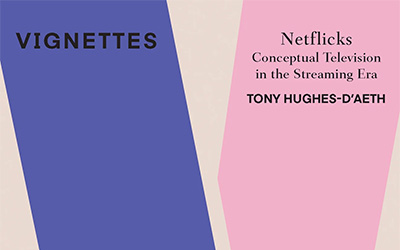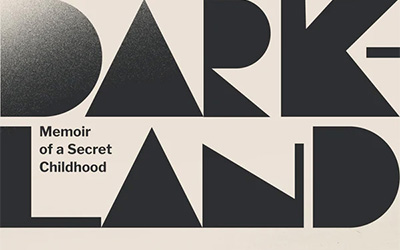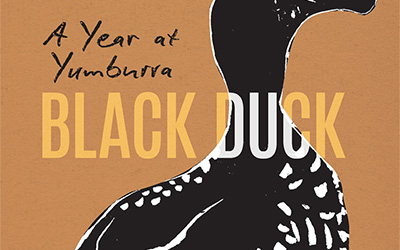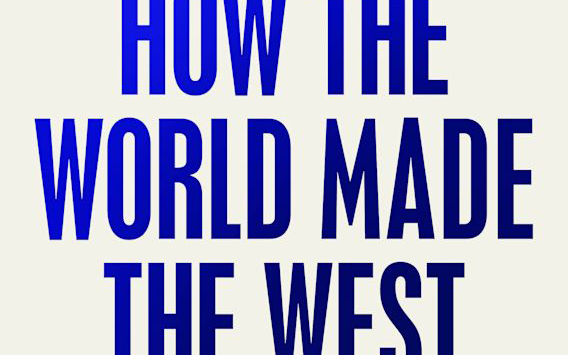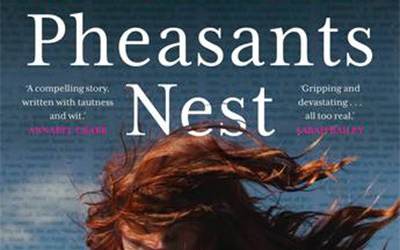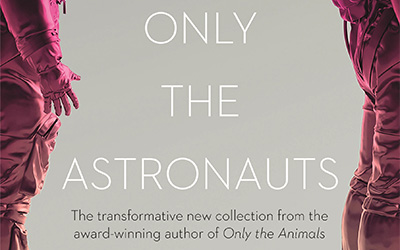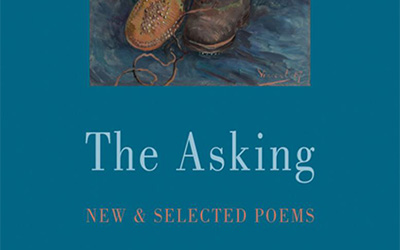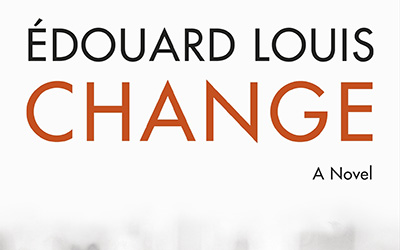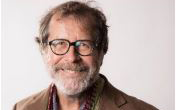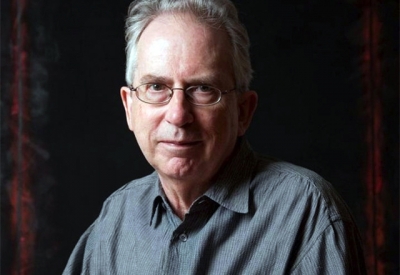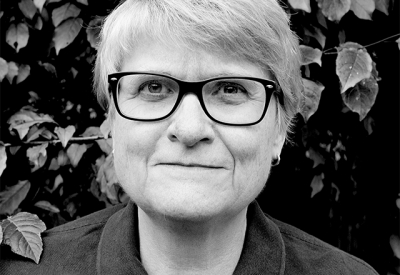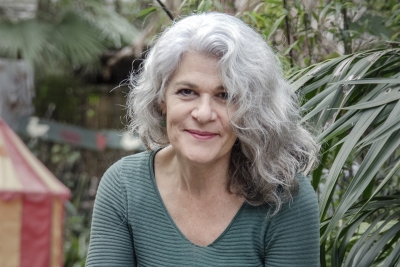Television
Netflicks: Conceptual television in the streaming era by Tony Hughes-d'Aeth
Netflicks is the first book in UWAP’s ‘Vignettes’ series. The series’ brief is to introduce readers to contemporary scholarly thinking about pressing issues of modern life in the format of short, lucid books. Judging from the first iteration, ‘Vignettes’ promises to offer complex and coherent readings of the world we live in now, informed by deep knowledge but wearing its learning lightly. Netflicks is written in accessible prose that invites the reader into the scholarly analysis of television, should they be new to it, with clear and uncomplicated language. When technical concepts are introduced, the author makes sure to provide a definition and to justify his deployment of what might seem to be jargon.





